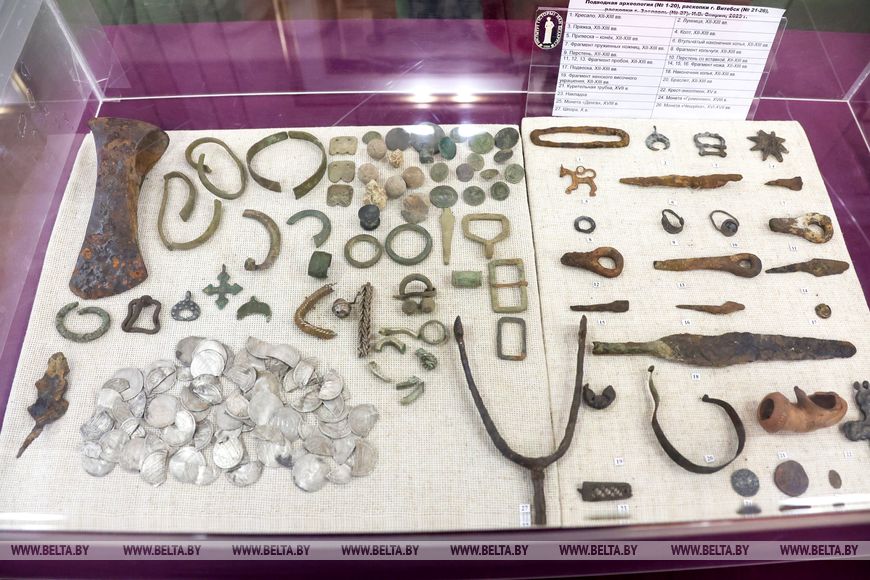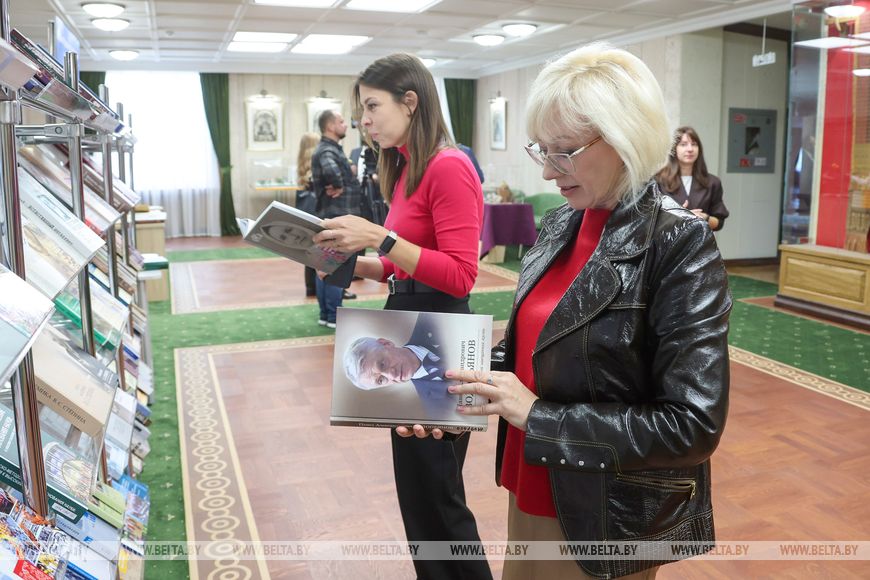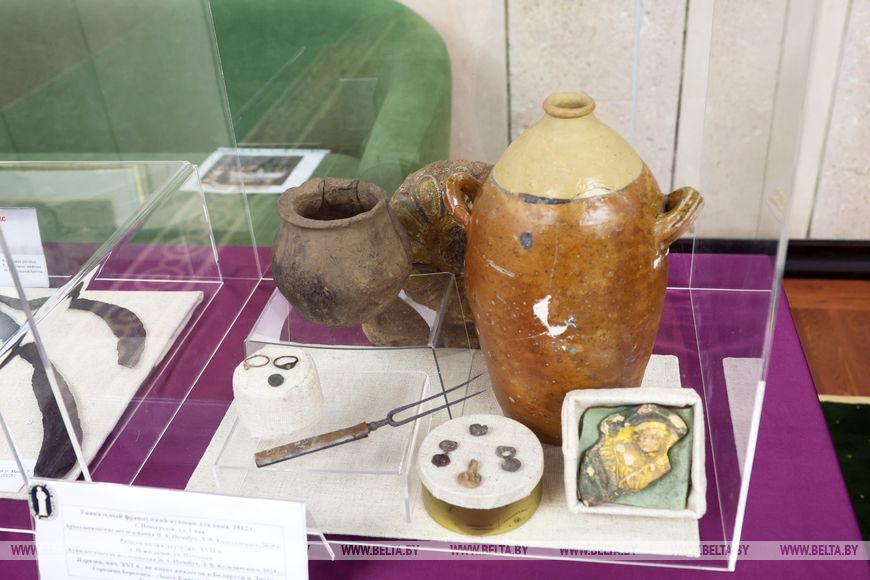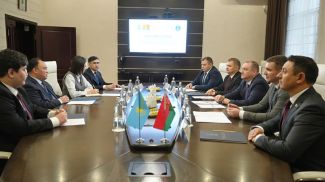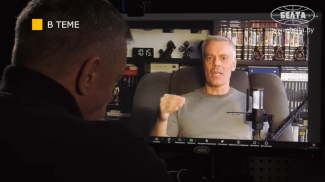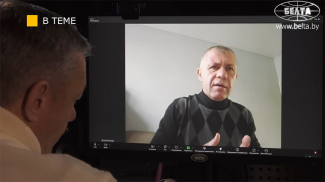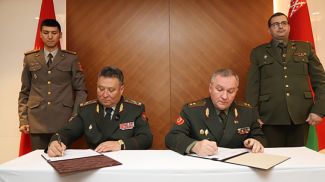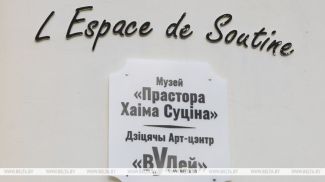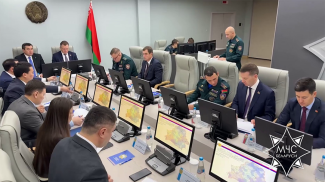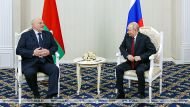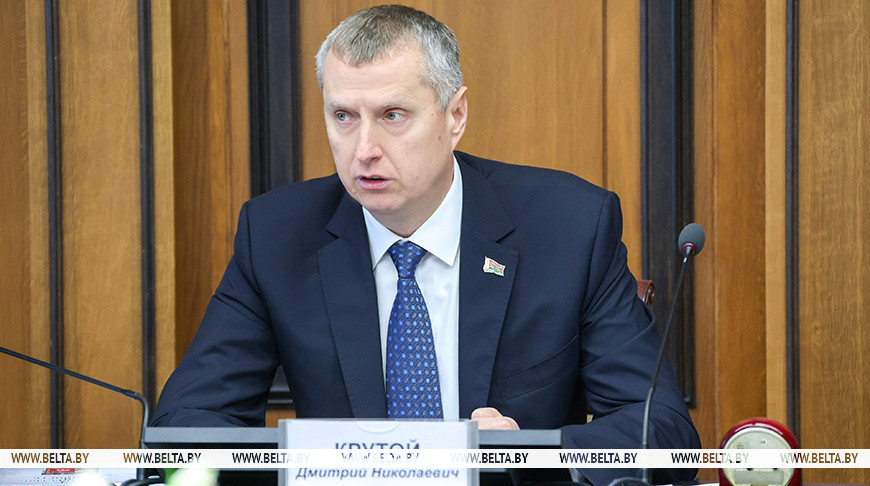
MINSK, 25 September (BelTA) – A number of matters have been submitted for consideration of the Republican Council on Historical Policy under the Belarus President Administration. They are related to objects of the historical and cultural legacy, the formation of the pantheon of national heroes, the topicality of academic dissertations, and other important topics, BelTA learned from Head of the Belarus President Administration Dmitry Krutoi before the council went in session.
Dmitry Krutoi reminded that on 17 September Belarus President Aleksandr Lukashenko met with ideology specialists, historians, and experts on the occasion of People’s Unity Day. A lot of time was spent discussing matters of history during the meeting. “We’ve decided to convene a session of the Republican Council on Historical Policy hot on the trail of that meeting and to discuss the problems and the tasks set by the president,” Dmitry Krutoi said.
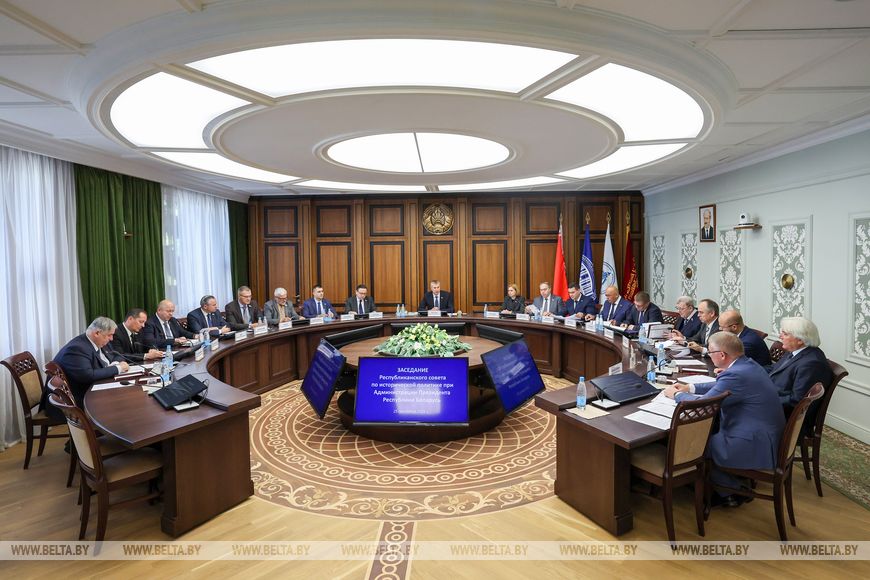
The head of the Belarus President Administration pointed out that one of the main tasks is to objectively reflect the historical development of the republic. “The leader of our country dedicated a very large part of his speech to it and asked us to embellish nothing, to gloss over nothing, and to objectively as possible demonstrate any historical event that happened in Belarus on the basis of archive data, statistics materials, expert research papers and conclusions. It is very important from the point of view of modern interpretation in school textbooks, study guides, academic dissertations, and information, for instance, for tourist guides. Domestic tourism in Belarus has skyrocketed. It is necessary to train tourist guides on the basis of these data in order to avoid misrepresentation anywhere,” he stated.
As an example Dmitry Krutoi mentioned People’s Unity Day and the difference in the presentation of the past events in Poland and in Belarus. Information broadcast by mass media was mentioned. “We have deeper material based on appropriate facts and split into blocks. Such as the manufacturing sector, the social sphere, the state of Belarusian land within the framework of the ethnocide. We back this ethnocide with appropriate information. He [the president] praised the approach, including reporters, and said that it is an element of information warfare right now, in the moment, essentially in real time. This is why it is necessary to essentially fight for our point of view and our truth about other historical events. Our history researchers are supposed to help prepare appropriate materials,” the head of the Belarus President Administration said.
One of the important matters submitted to the agenda of the council’s session is monumental objects of historical and cultural value in Belarus. “A program for the next five-year term is being actively developed. This is why today we will hear out representatives of the Council of Ministers. These are all serious financial flows and resources,” Dmitry Krutoi stressed. “Our heads of oblast administrations say that we need a more up-to-date list of these objects in order to appropriate funding. Since the main list was compiled in the 1990s and a lot is no longer relevant, the point of view of our historians is very important.”
The pantheon of national heroes is as important. The proposal to form such a pantheon was made by the head of state on 17 September. “Once again getting back to the Great Patriotic War [of 1941-1945]… Those heroes of ours are reflected quite well. Reporters keep this topic hot through the year. But less is said about, for instance, heroes of the liberating march of the Red Army in 1939. And the same applies to other periods and ages,” the Belarus President Administration head noted.
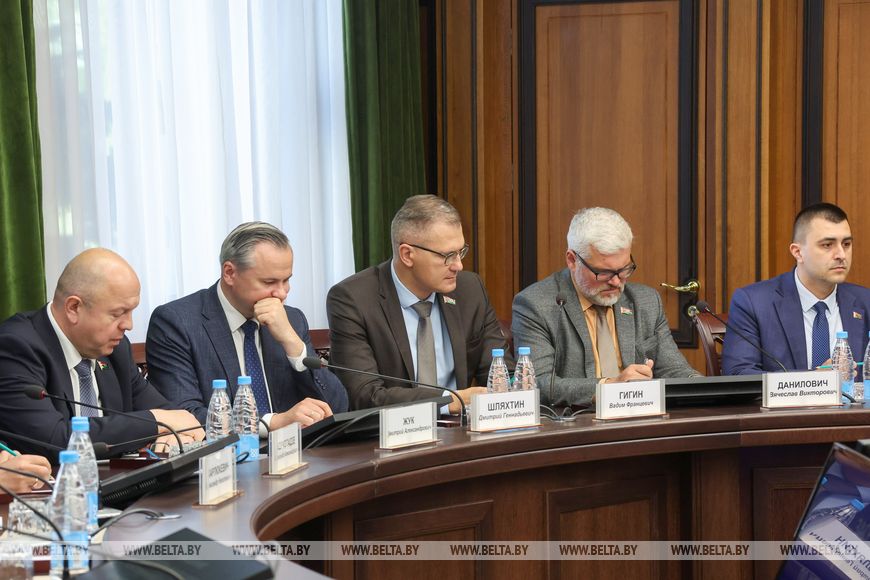
He went on saying that the description of this pantheon of heroes should be as objective as possible: “So that every Belarusian would clearly imagine our residents, who have made a contribution not only in our country but also possibly to historical events in other countries.”
The next important topic is coordination between the science of higher education institutions and the relevant institutes of the National Academy of Sciences of Belarus with regard to the topicality of academic dissertations. “We don’t want to burn human resources and financial resources on irrelevant topics. Specialists of the Academy of Sciences have once again confirmed for me that without an exaggeration we have millions of pages of unsorted archives. And our historians, researchers should be directed to the topics that are more important, in demand, and topical today,” Dmitry Krutoi believes.
The matter of international projects dedicated to historical events was discussed as a separate block. “Certainly, the huge interest of historians of Russia, Kazakhstan, primarily in the CIS space,” Dmitry Krutoi said. “Before we report such projects at the presidential level, they are evaluated by experts of our Republican Council on Historical Policy.”
The head of the Belarus President Administration drew attention to the formation of museum expositions, in particular, in a new building of the National History Museum. “Construction work is already in a high degree of completion. We are about to start preparing expositions in history halls. This is why the opinion of members of the republican council is very important in this regard. We should not make errors as we do a lot of work in parallel. And those sketches and materials that will fill the museum and that we will report to the president also need to be evaluated by the council,” he concluded.
